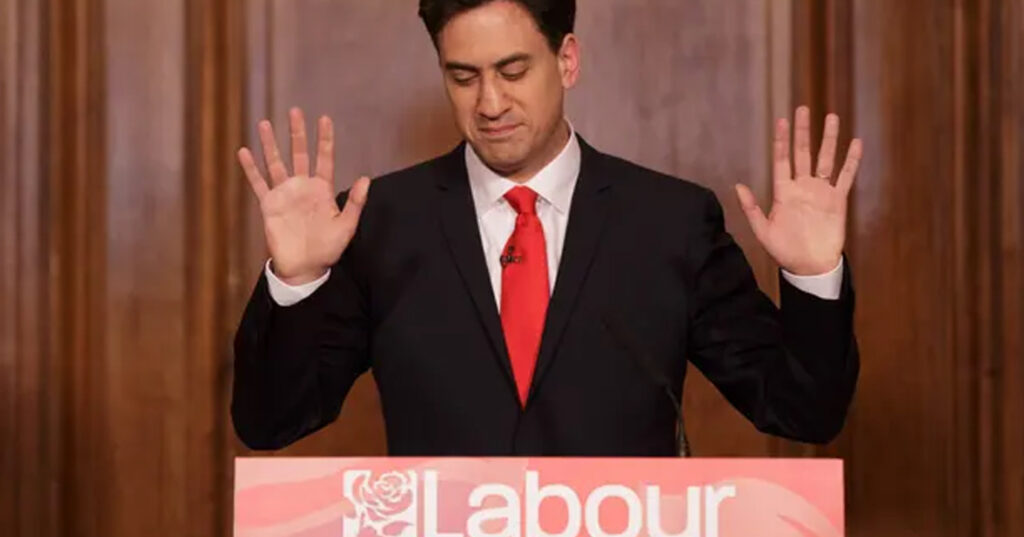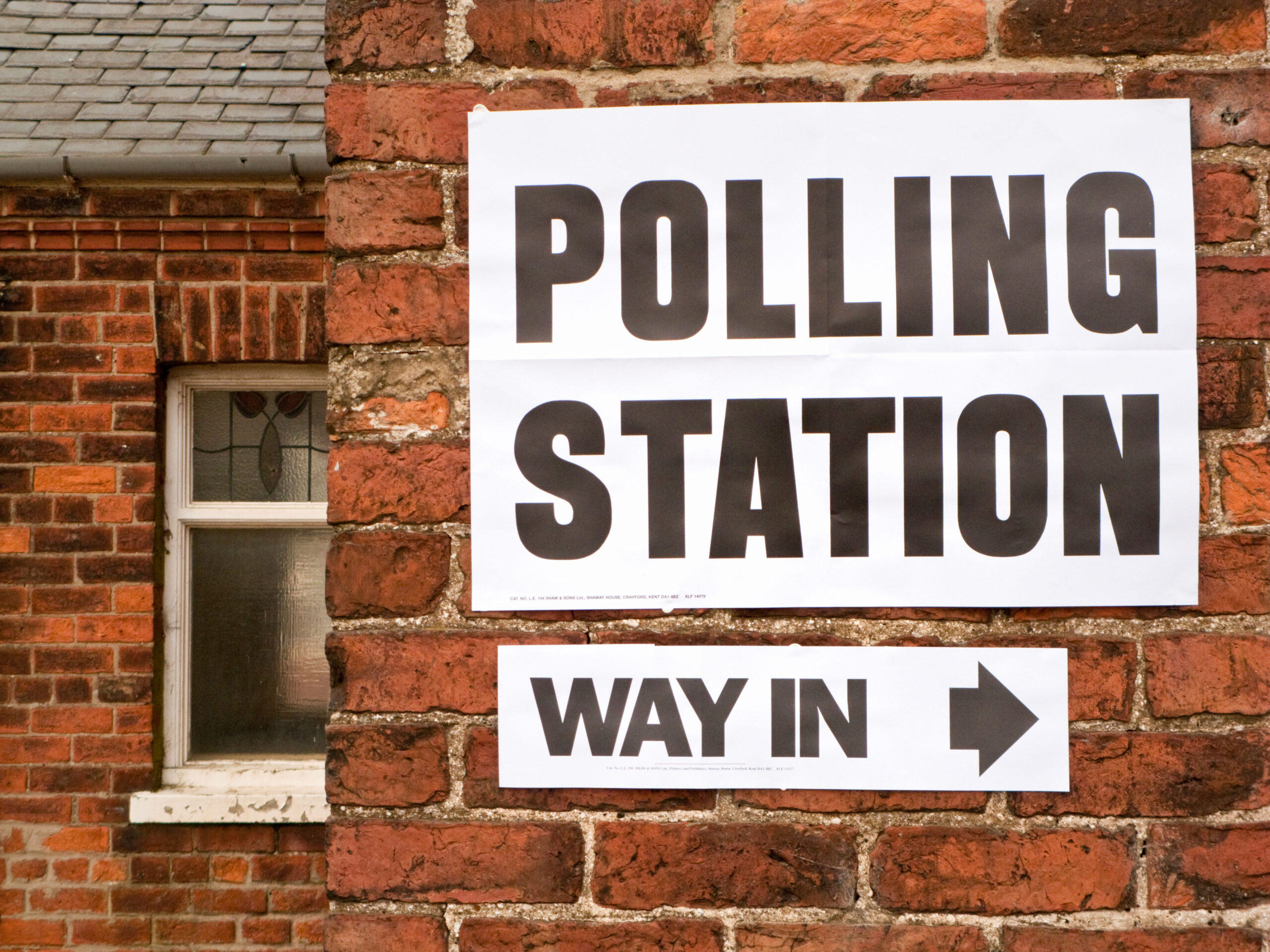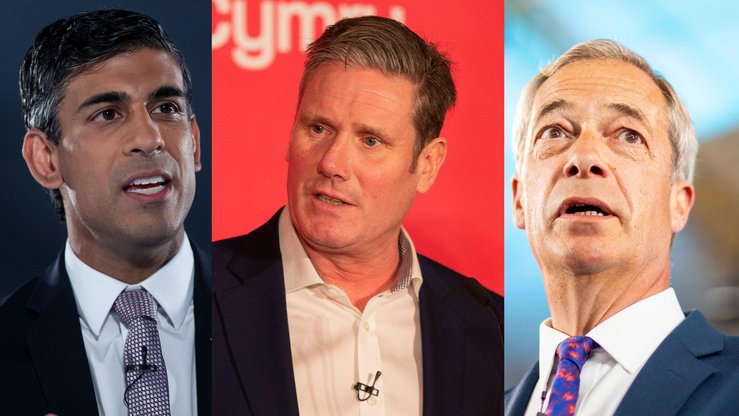
Five years ago I conducted some research to find out why people in the Labour movement thought they had lost the 2010 election and what they thought they should do about it. They believed people had failed to appreciate what Labour had achieved, that credulous swing voters had been influenced by the right-wing media, and that although Labour’s policies had been right, they had not been communicated well. Accordingly, they expected the coalition government to prove so dreadful that people would soon see the error of their ways: Labour would not need to make any big changes in order to win the following election.
Well, we know how that story ends. Labour is reduced to 232 seats in the House of Commons, a net loss of 24 since its 2010 defeat, and won only 30 per cent of the national vote. The question for the new leader, whose identity we will know on Saturday, is not just how the party can start winning again, but whether Labour as we know it will survive.
My latest research has looked into this question by examining the views of two sorts of people: how do the views of Labour Loyalists, who voted for the party in 2010 and again last May, compare with the Defectors who have moved away from the party since it was an election-winning force? What caused the switchers to switch, and do they see themselves returning?
Nearly eight out of ten Loyalists said they had always voted Labour at general elections. The same proportion said they identified with Labour or thought of it as “my party”. More than three quarters said one of their main reasons for voting Labour had been that the party’s values were closest to their own; fewer than half said it had been because they thought Labour would have made the most competent government. This, then, is Labour’s loyal core vote. But in our focus groups, few said they had voted for the party with any enthusiasm.
Defectors, not surprisingly, were less likely than Loyalists to have been lifelong Labour voters before 2015. However, their reasons for switching varied depending on where they ended up. While a majority of all Defectors said Ed Miliband had helped push them to another party, the second biggest factor for those who had switched to the Conservatives was the fear that a Labour government would spend and borrow too much. Next was the belief that the country was going in the right direction, so it was not a good time to change the government: they did not want to “rock the boat”.
Switchers to the Tories were more likely than Defectors as a whole to say they had been put off by the impression that Labour were not ready to form a competent government. They were also more likely to say they had been attracted by the Conservatives’ record in office, especially on the economy, than by any shift in Tory Party values (though some did detect a welcome change). At the same time, the Tories seemed to be showing a sense of direction that chimed with where they themselves wanted to be going in life – symbolised for many by the party’s help-to-buy policies. Some said that having been reliant on the state for some time, their prospects were looking up and they now found the Tories more in tune with their interests (an argument reminiscent of Mondeo Man, who, according to Tony Blair, said when canvassed in 1992 that he would be switching from Labour to the Conservatives because he had just started his own business).
Defectors to the Conservatives were more likely than others to say they struggled with their voting decision: nearly one in five said they found it “very difficult indeed”. Here there was a contrast with those who switched to UKIP, most of whom said they found the decision easy – despite the fact that nearly three quarters of them said they had always voted Labour at previous general elections. For them, the biggest off-putting factor aside from Miliband was that Labour “no longer seem to stand up for people like me” – indeed, unlike the Tory converts, they were more likely to say this had swayed their vote than concerns that the party could not govern competently. The fear that a Labour government would spend and borrow too much was less prominent than it was among switchers to the Tories, but was nevertheless the third biggest concern for Defectors to UKIP.
Predictably, switchers to UKIP very often mentioned immigration as one of the reasons they no longer felt Labour stood up for their views. Notably, however, we found in the groups that this included a number of public sector workers whose worries about the effect of large-scale immigration on the services they worked in outweighed any concerns they had about continued Tory austerity.
Switchers to UKIP all but unanimously agreed that immigration into Britain was too high and needed to be reduced; smaller majorities of Loyalists and Defectors to other parties – and voters as a whole – took the same view. But there were stark differences on other policy questions. More than eight in ten Loyalists, and seven in ten switchers to UKIP, agreed that “cuts in government spending have gone far enough or too far, and it is time for them to end”. Seven in ten switchers to the Conservatives, meanwhile, thought “further cuts in government spending are needed to reduce Britain’s borrowing and get the economy back on a stable footing”. And while most Loyalists thought welfare spending should be maintained or increased, a majority of Defectors – especially to the Tories – thought the benefits system needed tightening up to encourage people back to work and reduce the cost to taxpayers. Voters as a whole agreed.
Yet much of the debate within Labour since the election has not been about the party’s present or future but, implicitly, about its past. Many within the movement seem to regard the decade from 1997 – in electoral terms, the most successful time in the party’s history – as a source of shame rather than pride. Here they are at odds not just with the voters who have since left, but with those that remain. Loyalists, as well as Defectors to other parties (especially the Conservatives) regard Tony Blair as the best Labour leader of the last thirty years. While Loyalists and Defectors overall said John Smith did a better job of standing up for Labour’s values, they put Blair ahead on representing the whole country, appealing beyond traditional Labour voters and offering strong, competent leadership; switchers to the Tories gave him a clear lead in all categories. Under Blair, people in our groups recalled, Labour “were pro-work, but they were fair”; they “offered the best of public and private”. Moreover, Blair and the voters had a rapport: “We got him, and he got us.”
According to the tone of much of Labour’s leadership debate, in which candidates who suggest the party should embrace aspiration and fiscal responsibility in order to return to government have been dismissed as Tories, the fact that non-Labour voters think fondly of Blair must be evidence enough to condemn him. And this is the nub of the choice Labour has to make. If, five years ago, Labour misunderstood what it needed to do to win, today it seems to be wondering whether winning is all it’s cracked up to be. My poll found Loyalists evenly divided as to whether Labour’s priority should be “to win elections, even if this means making some compromises, because the party has to be in government if it is to achieve anything”, or “to have the right principles and policies, even if this makes it more difficult for the party to win elections”.
As to the best way to go about it, just under half of Labour Loyalists thought a Labour party that offered a “radical socialist alternative” could win a general election and change Britain for the better (around a third of switchers to the Tories also thought such a party could win an election, but most of them thought it would change things for the worse). But a further quarter of Loyalists thought a radical socialist Labour party “would represent many people and be a force for good, even if it would not win a general election.” Indeed, with the exception of Defectors to the Conservatives, all groups of current and former Labour voters were more likely to think a radical socialist Labour party would be a good thing than they were to think it would be elected.
Here we see one of the consequences of a heavy defeat, familiar enough from my own time helping to drag the Conservative Party back towards electability. Paradoxically, but understandably enough, a party’s first reaction to winning too small a coalition of voters can be to behave in ways that reduces that coalition still further. Activists want to give their time, money and emotional energy for a cause they believe in, among people they agree with – and the more remote victory seems, the truer this is. The voters who have rejected them have also disappointed them, especially if they have gone to the principal enemy; they do not yet have the appetite to try to woo such people back.
But that task is inescapable. The party must win over voters who have switched to the Conservatives, the group that differs most in outlook and attitude from those who currently work and vote for Labour. Doing so is not impossible: in my research, very few ruled out voting Labour again even at the next election (though most thought it very unlikely that they would be persuaded in time). But those who have moved away will not return by default. If voting for a party other than Labour was a hard decision for many, it was also a revelation – even a liberation. As one of our participants put it, “it will be a serious choice for me this time. Politics has changed. We used to vote for one party all the time, but not any more.”
In the Conservative Party, by my recollection, post-election disagreements tended to be about how to return to power, not about whether power was worth having. Labour’s revival, even its survival as a potential party of government, depends on its picking a leader who wants to be Prime Minister and is prepared to do what it takes to win – whether this time, or next time, or (if the party is still going by then) the time after that.


